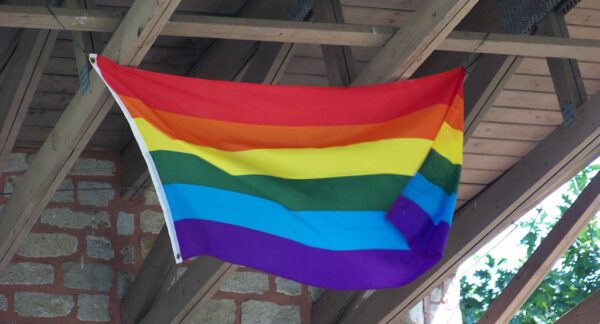Guidelines for Protection of Good Samaritans in Road Accidents


Introduction
India has witnessed a disturbing rise in fatal road accidents in recent years, with thousands of lives lost annually on its roads. Tragically, many of these accidents involve hit-and-run drivers, leaving victims in critical condition without immediate assistance. Witnesses to these accidents often hesitate to rush victims to hospitals due to fears of harassment by police, unnecessary legal entanglements, or financial liabilities. This reluctance to help has created a moral crisis alongside the public safety concern. Recognizing this growing problem, the Indian government issued comprehensive guidelines in 2015 to protect good Samaritans who come forward to assist accident victims. These guidelines aim to create a safer legal environment for citizens who choose to act compassionately in emergency situations, ensuring they can help without fear of unwarranted consequences.
Table of Contents
Background
The Guidelines for Protection of Good Samaritans were issued by the Ministry of Road Transport and Highways on 12th May 2015, following a Supreme Court directive in the case of SaveLife Foundation vs. Union of India (Writ Petition No. 235 of 2012). The court ordered the Central Government to establish protections for good Samaritans until appropriate legislation could be enacted.
The guidelines were developed in response to the growing number of road accidents in India and the reluctance of bystanders to assist victims due to fear of legal harassment or financial liability. The Supreme Court recognized the need to create a safe environment for citizens who wish to help accident victims without facing unnecessary consequences.
Protections for Good Samaritans
Any bystander or good Samaritan, including eyewitnesses, may take an injured person to the nearest hospital. These individuals shall be allowed to leave immediately after providing their address if they are eyewitnesses. Importantly, good Samaritans shall not be liable for any civil or criminal liability resulting from their actions to help accident victims. They shall be suitably rewarded or compensated as may be decided by the state governments in this regard.
Those who call emergency services to report an accident shall not be compelled to reveal their name or personal details either on the phone or in person. This anonymity protection extends to medical legal case (MLC) forms, where disclosure of personal information shall be voluntary and optional.
Hospital Responsibilities
All hospitals, both public and private, shall not detain good Samaritans or demand payment for registration and admission costs unless the good Samaritan is a family member or relative of the injured person. Doctors who fail to respond appropriately in emergency situations related to road accidents may face professional misconduct proceedings under the Indian Medical Council regulations.
Hospitals are required to publish a charter in Hindi, English, and the local language of the state or union territory at their entrance. This charter must clearly state that the hospital will not detain good Samaritans or demand deposits for treating accident victims. Hospitals shall also provide acknowledgment to good Samaritans confirming that an injured person was brought to the hospital, including the time and place of the incident.
Legal Process Protections
Good Samaritans who are required to give statements as eyewitnesses shall be examined only once to minimize inconvenience. Standard operating procedures shall be developed by state governments to ensure these individuals are not harassed or intimidated during the legal process.
Video conferencing may be used extensively during the examination of good Samaritans to further reduce inconvenience and potential harassment. Personal information disclosure remains voluntary throughout all interactions with authorities.
Implementation and Compliance
All hospitals shall implement these guidelines immediately. Appropriate action shall be taken against hospitals or authorities that do not comply with these requirements. The Central and State Governments shall issue letters to all hospitals and medical institutions under their jurisdiction, enclosing a copy of the official gazette notification.
To ensure public awareness, the Ministry of Health and Family Welfare and Ministry of Road Transport and Highways shall publish advertisements in national and regional newspapers, as well as through electronic media, to inform citizens of their rights and protections under these guidelines.
Liability Clarification
These guidelines specifically note that they do not affect the liability of motor vehicle drivers involved in road accidents as specified under Section 134 of the Motor Vehicles Act, 1988. The protections afforded to good Samaritans under these guidelines are separate from and do not impact the legal responsibilities of those who may have caused the accident.
The guidelines aim to encourage citizens to assist road accident victims without fear of harassment or legal consequences, while ensuring proper medical care and legal procedures are followed. By creating a supportive environment for bystanders who wish to help, the government hopes to improve the outcomes for road accident victims across India.
For further details write to contact@indialaw.in




